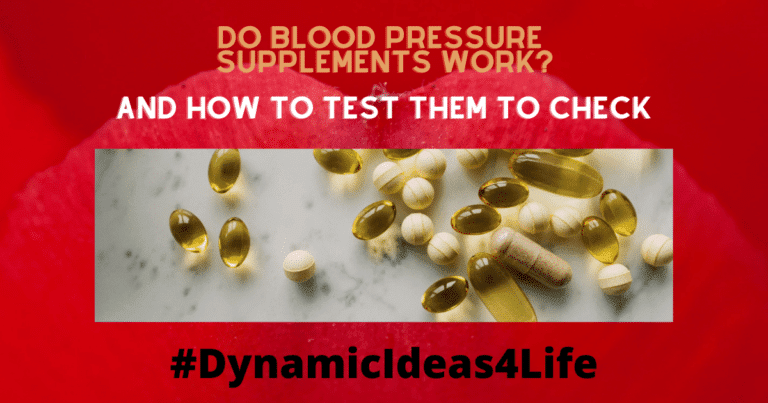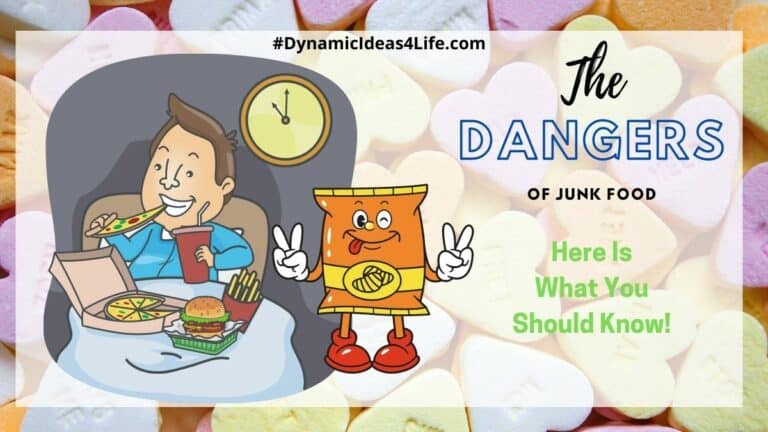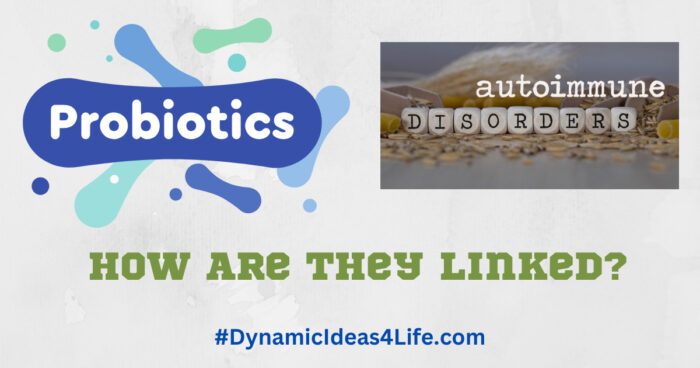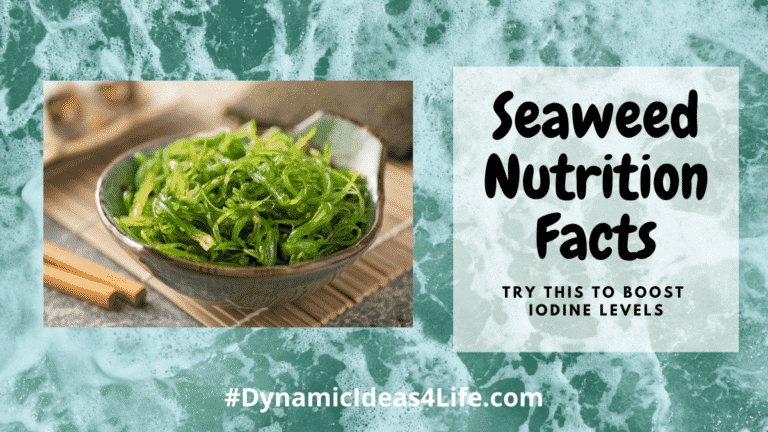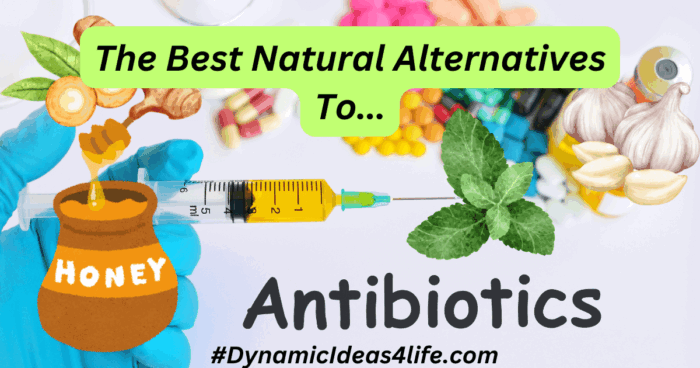
I think maybe it was an advert online that caught my attention recently. I can’t remember what product it was trying to sell me, but it was something to do with Gut Health. One thing it said is that many people have very poor gut environments and this is due to Antibiotics that enter our body in many different ways.
Antibiotic Medications he talked about as a HUGE factor for declining beneficial gut bacteria, but also cleaning products were also mentioned – alongside contaminated food and water another possible cause.
So, this ad basically was saying that Our Gut Environments are under attack, on a constant basis, and we don’t even know it. Since Alexander Fleming discovered penicillin human gut health has in many ways year-by-year gotten worse.
It’s a lot to take in for sure, but personally, I do find this VERY believable. I’ve come across this in my research before – that antibiotic medications can attack the good bacteria as well as the bad. They are good in a lot of ways but they are counter productive. They can do do more harm than good AND with this in mind I’ve decided to write this article – What Are The Best Natural Alternatives To Antibiotics?
I have actually wanted to do some research into this for a while. Gut health I’ve done a lot of articles about.
Really to the point that I’ve covered this more than anything else.
It is quite a vast area of different subjects and It’s quite a meta thing really. As what we are talking about here is a vast living eco system of billions (actually trillions) of organisms inside every single one of us!
Each that play their own small role in whether we are healthy or not. Simple, It is a fact – bacteria, germs whatever we will call them are tiny little organisms that affect our wellbeing, for better and for worse, and THIS is why we MUST take very good care of their environment.
Antibiotics in this regard can have devastating effects. They might be beneficial for eradicating the bacteria we don’t want but at what cost does this come?
That is the question, and if it is really that they do more harm than good what is the safer alternative?
Well, – I think many will have an incline towards this. How we react to more natural, unmanufactured products as another potential option. It is quite incredible…
What Are The Best Natural Alternatives To Antibiotics?
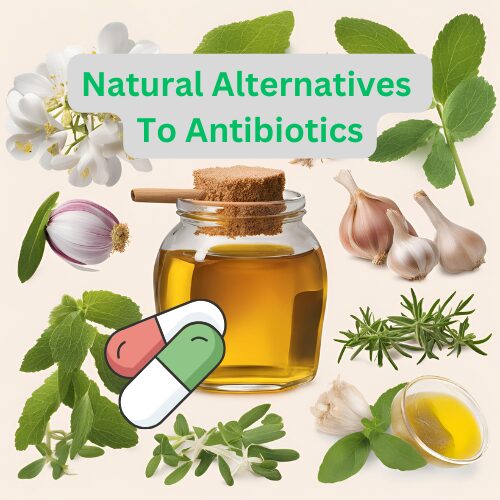
Natural Plant Medicines have been part of our human history since longer than we really know. Way before synthetic antibiotics EVER hit the shelves, and they have been used with much success. For many, it all began as a way of life passed down through generations, evolving into a movement with more people embracing this special relationship with nature for a wide range of different ailments.
Different cultures and communities, especially, where traditional medicine thrives, have long been singing the praises of natural alternatives to modern medicine.
Whatever it is you name it – there will be something like a herbal remedy you can try instead. Antibiotics such as penicillin, amoxycillin etc. are of course medications that have this kind of competition too. Even to the point that the natural option will work even better WITHOUT the negative effects.
In fact, one thing that is notable is that Antibiotic Medications can stop working – as the body can reject them. Antibiotic Resistance is where antibiotics simply just will not work anymore, and this is where Natural Alternatives here offer hope, NOT just in preventing resistance, but also in promoting overall better health.
Using these alternatives, powered by the earth, could help reduce reliance on chemical antibiotics, and for good.
The trend is about rediscovering what the planet provides while building resilience against future health threats.
Health Disclaimer: Whilst this approach is certainly something that holds a lot of promise it is very important still to consult with a healthcare professional. Whether you do as they say or not it is still sensible to get professional advice and you never know this might just surprise you.
Nature’s Pharmacy: Top Natural Antibiotics for Everyday Use
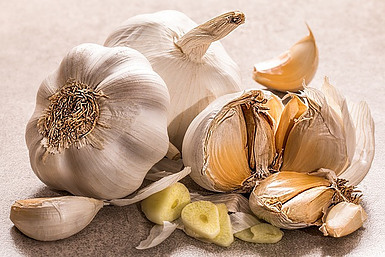
Getting to the meat and potato’s of this article. For, those that would like to know more – there’s an impressive line up of natural powerhouses ready to step in as our daily defenders against harmful bacteria.
For example, Garlic doesn’t just add flavour to your dishes, it’s been revered for its antimicrobial kick.
Crushing those cloves releases allicin, the compound responsible for its germ-fighting abilities. Consider adding Garlic fresh to your meals for that extra health boost.
Manuka Honey is something else – more than just nature’s sweet offering. Known for its strength against bacteria, this honey stands out due to a component called methylglyoxal. It’s used not only for a sore throat but also to promote wound healing. Just one spoonful can work wonders for various ailments when used wisely.
Then there’s Oregano Oil, often dubbed nature’s own antibiotic. Loaded with carvacrol, it’s praised for its effectiveness against stubborn bacteria.
*Note: Just be cautious—this stuff is powerful and usually requires dilution before it’s safe to consume.
Now, continuing on – Echinacea, a native North American flower, is heralded for bolstering immune defence. It’s popular for warding off colds, and researchers are delving into its potential for fighting infections.
Consuming Echinacea as tea or supplements could give your immune system that extra edge.
In Hindsight…
Exploring these natural antibiotics can offer a fresh way to support overall health, but like with any remedy, it’s essential to know the right Information.
Natural doesn’t automatically mean risk-free. Talk with healthcare providers to pinpoint what might suit your needs, especially if you’re already on medication.
It’s all about striking a balance between nature’s offerings and what the body really needs. Ensuring that we can create conditions for the gut environment to not only thrive but to also defend itself against harmful pathogens.
Mechanisms Explained: Why Natural Alternatives Work Opposed To Antibiotic Medications
Have you ever wondered why Natural Remedies actually do the job better than their artificial counterparts? I’d say you probably have. There is nothing really glamourous about being given a prescription of pharmaceuticals – whatever they might be. Many will wonder if they can take something else, but talking about plants – Well, it’s all down to the incredible chemistry they pack within them for whatever we might need them for.
Plants have developed these antimicrobial compounds, like nature’s very own defence systems, and they’re pretty effective against harmful bacteria. Just like antibiotics medications but in their own way and often better.
Essential oils for Instance, oh yes, they’re not just for a relaxing night in or a spa day. Their antibacterial properties come from compounds like terpenes and phenols, which can break down bacteria and help our bodies keep balance.
*Note – using essential oils requires a touch of caution and sometimes even dilution.
Then there’s this whole thing with the gut microbiota—that bustling community inside of our intestines. Some natural alternatives don’t just fight off the bad guys but help maintain that delicate balance in your gut, keeping the good bacteria thriving.
Comparing natural methods with synthetic antibiotics might surprise you. Sometimes, simpler plant-based solutions can perform just as well, avoiding some harsh side effects that can accompany conventional antibiotics.
Research backs the idea that, for certain infections, nature’s way might not only be gentler but just as effective – if not more effective.
PLUS, engaging with these alternatives is a call to action for more research too. Documented efficacy helps ensure these natural remedies aren’t just old wives’ tales but reliable options in your health arsenal.
Harnessing Nature Safely: Usage and Precautions
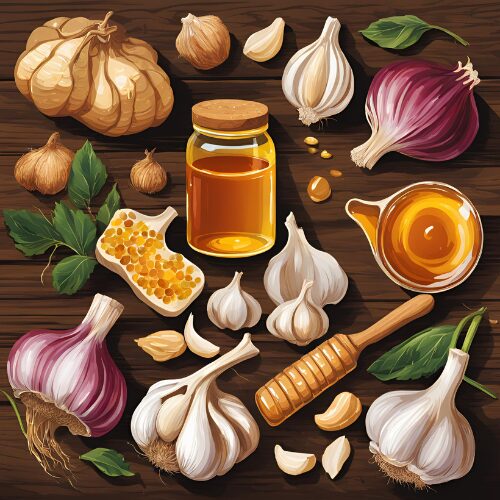
Using Natural Antibiotics can be an enriching part of a healthy lifestyle, but it’s key to handle them with care. Just like you wouldn’t dive into a pool without testing the waters (whether its too hot, too cold), it’s important to know the guidelines for safe consumption.
One size doesn’t fit all, especially when it comes to dosage. While a bit of garlic in the pasta is delightful, you wouldn’t want to overdo its supplements without understanding how much is too much.
The same goes for powerful agents like Oregano Oil, which are often too concentrated to take on their own without dilution.
Staying aware of individual allergies and potential side effects can make all the difference. Each body reacts differently, and some of these natural solutions might not play nice with everyone’s system.
Keeping an eye on how they affect you can help keep things running smoothly.
Checking in with healthcare professionals before starting on any natural remedy path is not just recommended, it’s smart. They can provide clarity on which remedies complement current medications and offer valuable insight tailored to your personal health needs.
Knowing and understanding these precautions doesn’t just prevent mishaps but ensures that you get the best out of what these natural remedies have to offer, safely reinforcing wellness.
The Future of Healthcare: Integrating Natural Alternatives Sustainably
With Natural Alternatives to many Pharmaceuticals becoming more popular, the future of healthcare looks very promising. Even to the point where blending these remedies with modern medicine could transform how we approach treatment and prevention.
As more folks turn to natural solutions, ongoing research becomes crucial to validate their effectiveness, ensuring these options are backed by solid science and statistics.
Creating a synergy between traditional practices and contemporary medicine can pave the way for innovative treatment strategies.
It offers not just choice but empowers patients and practitioners to access a diverse toolbox for healthcare that is both progressive and effective.
*But just getting back to the main point in all of this. I realized I maybe missed some information above so let’s just quickly take a look at this…
Why Are Antibiotics Bad for Us?
Antibiotics have undoubtedly revolutionized medicine, saving countless lives by fighting bacterial infections. However, their use, overuse and misuse can negatively impact our health in several ways:
- Disruption of Gut Microbiome
Antibiotics do not differentiate between harmful and beneficial bacteria. As a result, they can kill off the “good” bacteria in the gut, leading to an imbalance in the microbiome.
This imbalance has been linked to digestive issues, weakened immunity, and even mental health concerns such as anxiety and depression. - Antibiotic Resistance
Frequent or inappropriate use of antibiotics contributes to the emergence of antibiotic-resistant bacteria. These “superbugs” can render standard treatments ineffective, making infections harder to treat and increasing the risk of severe illness or death. - Allergic Reactions and Side Effects
Some people experience adverse reactions to antibiotics, ranging from mild rashes to severe allergic responses. Common side effects also include nausea, diarrhea, and yeast infections due to the disruption of normal bacterial flora. - Weakened Natural Immunity
Relying heavily on antibiotics can make the immune system less robust over time. By preventing the body from fighting off mild infections naturally, antibiotics may hinder the development of long-term immunity. - Impact on Other Organs
Prolonged antibiotic use can strain organs such as the liver and kidneys, which are responsible for processing and excreting these drugs. In rare cases, antibiotics may also lead to more severe complications, like liver damage or heart issues.
To minimize these risks, antibiotics should only be used under medical supervision and when absolutely necessary.
A balanced approach, combined with efforts to boost natural immunity, can help maintain overall health while reducing reliance on these powerful medications.
So, just to further emphasize on this…
How Dangerous is Disruption of the Gut Microbiome?
The Gut Microbiome, a complex ecosystem of trillions of microorganisms, plays a critical role in maintaining overall health. Disruption of this delicate balance, often caused by antibiotics, poor diet, or stress, can lead to various health issues.
Here’s how it can be dangerous:
- Compromised Immunity
A healthy gut microbiome helps regulate the immune system by producing protective compounds and communicating with immune cells. Disruption can weaken immunity, making the body more vulnerable to infections, autoimmune diseases, and chronic inflammation. - Digestive Disorders
Imbalances in gut bacteria can lead to conditions like Irritable Bowel Syndrome (IBS), bloating, diarrhea, and constipation. Severe cases of dysbiosis may contribute to the development of inflammatory bowel diseases (IBD) such as Crohn’s disease or ulcerative colitis. - Mental Health Impacts
Known as the “gut-brain axis,” the connection between the gut and the brain means that microbiome disruption can influence mental health. Studies have linked imbalances to depression, anxiety, and cognitive decline, highlighting the role of gut bacteria in producing neurotransmitters like serotonin. - Increased Risk of Chronic Diseases
Dysbiosis has been associated with an increased risk of conditions such as obesity, type 2 diabetes, cardiovascular diseases, and even some cancers. The gut’s influence on metabolic processes and inflammation underscores its importance in preventing chronic illnesses. - Clostridioides difficile Infection
Antibiotic-induced microbiome disruption can lead to the overgrowth of harmful bacteria like Clostridioides difficile (C. diff). This infection causes severe diarrhea, colitis, and, in extreme cases, life-threatening complications. - Allergic and Autoimmune Conditions
A disrupted microbiome may contribute to the development of allergies, asthma, and autoimmune diseases such as rheumatoid arthritis and lupus. The altered microbial environment can confuse the immune system, leading it to attack healthy cells.
Restoring gut health after disruption is essential to mitigate these risks. Incorporating Probiotics, prebiotics, a fiber-rich diet, and reducing antibiotic overuse are effective strategies for rebalancing the microbiome and promoting long-term health.
In Conclusion
This is a tricky one for me, suggesting that Antibiotic Medications shouldn’t be taken. I’m typically NOT much of an advocate for a lot of pharmaceuticals, I really don’t like Opiates or Proton Pump Inhibitors but STILL, I know some infections can be very hard to treat without these medications.
But, in the same breath I think antibiotics like this they just are unnatural. A bit like steroids and melatonin for example, as these are supplements that by taking it can disrupt natural production.
From my own understanding, once we begin a course of these synthetic things our body signals itself to reduce its natural production. It is like these are nothing more than short relief and temporary fixes with a high cost to pay in return. People take more and more but it’s a losing battle.
It is not what our body wants or needs. Nutrition is probably the key here as the better option. We nourish the body and this makes it work for itself PROPERLY. A nourished body will produce things like antibiotics, steroids and melatonin all on its own. Like it is actually supposed to.
It is exactly, why natural whole foods and extracts such as Garlic, Maluku Honey and Oregano Oil can be so beneficial. These are things that have some of the same benefits as these medications but the body will not reject them because they are not recognized as foreign substances.
The trick I certainly do believe is that the body needs to work for itself NATURALLY! Feed the body what it wants and it will do what it is supposed to.
I shall finish this blog here but if you have anything you’d like to add please leave a comment below in the comments section.
Many thanks for reading;
References
1. Honey
- Kwakman, P. H., & Zaat, S. A. (2012). Antibacterial components of honey. IUBMB Life, 64(1), 48-55.
- Cooper, R. A. (2016). Honey as an effective antimicrobial treatment for chronic wounds. Journal of Wound Care, 25(9), 544-552.
2. Garlic
- Ankri, S., & Mirelman, D. (1999). Antimicrobial properties of allicin from garlic. Microbes and Infection, 1(2), 125-129.
- Borlinghaus, J. et al. (2014). Allicin: Chemistry and Biological Properties. Molecules, 19(8), 12591-12618.
3. Oregano Oil
- Force, M., Sparks, W. S., & Ronzio, R. A. (2000). Inhibition of enteric parasites by emulsified oil of oregano in vivo. Phytotherapy Research, 14(3), 213-214.
- Nostro, A., et al. (2004). The antibacterial activity of oregano essential oil and its interaction with different antibiotics. Journal of Food Protection, 67(8), 1706-1711.
4. Echinacea
- Shah, S. A., et al. (2007). Echinacea for the prevention of colds: A systematic review and meta-analysis. The Lancet Infectious Diseases, 7(7), 473-480.
- Miller, S. C., & Redmon, C. L. (1999). The immunostimulatory and antimicrobial properties of Echinacea spp.. HerbalGram, 45, 20-30.
5. Manuka Honey
- Jenkins, R., et al. (2011). Effect of Manuka honey on the expression of universal stress protein A in meticillin-resistant Staphylococcus aureus. International Journal of Antimicrobial Agents, 37(4), 373-376.
- Carter, D. A., et al. (2016). Manuka honey kills antibiotic-resistant bacteria and prevents the formation of biofilms. Nature Research.
6. Colloidal Silver
- Lansdown, A. B. G. (2006). Silver in healthcare: Antimicrobial effects and safety in use. Current Problems in Dermatology, 33, 17-34.
- Oelschlaeger, T. A., et al. (2014). Antibacterial properties of silver nanoparticles against MRSA strains. Nanomedicine, 10(5), 997-1005.
7. Turmeric (Curcumin)
- Tyagi, A. K., & Aggarwal, B. B. (2012). Curcumin: An anti-inflammatory and anti-infective agent. Medicinal Research Reviews, 32(5), 1040-1061.
- Mun, S. H., et al. (2013). Curcumin reverse antibiotic resistance against MRSA by targeting the bacterial membrane. Journal of Antimicrobial Chemotherapy, 68(7), 1438-1449.

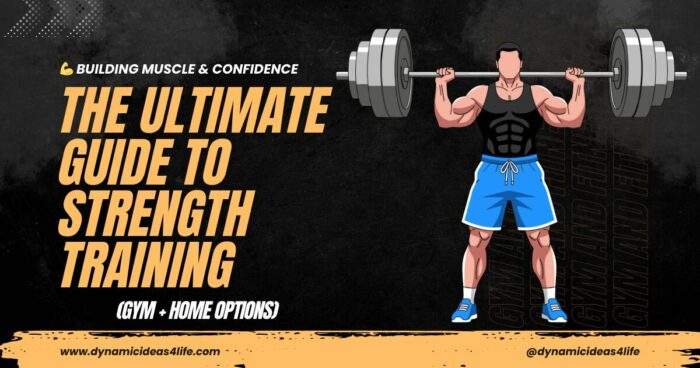




Anxiety and Depression BiOptimizers blood pressure supplements blood sugar control blood sugar support supplements cognitive function digestive enzymes Digestive Enzymes Supplement Digestive Health digital products Dr Sam Robbins Exercise Gut Health Gut Health While Travelling Health Tips for Travelling Healthy Living heart health HFL How To Lower Cholesterol insulin resistance joint health supplement keto dieting Keto Diet Weight Loss leaky gut supplements list Magnesium deficiency Matt Gallant mental health multivitamins Nootopia Nootropics nutrient supplements Probiotics Probiotic Supplements reverse type 2 diabetes stress and anxiety stress relief vitabalance vitapost Wade Lightheart weight loss articles weight loss diet plans weight loss product reviews weight loss supplements weight loss tea


